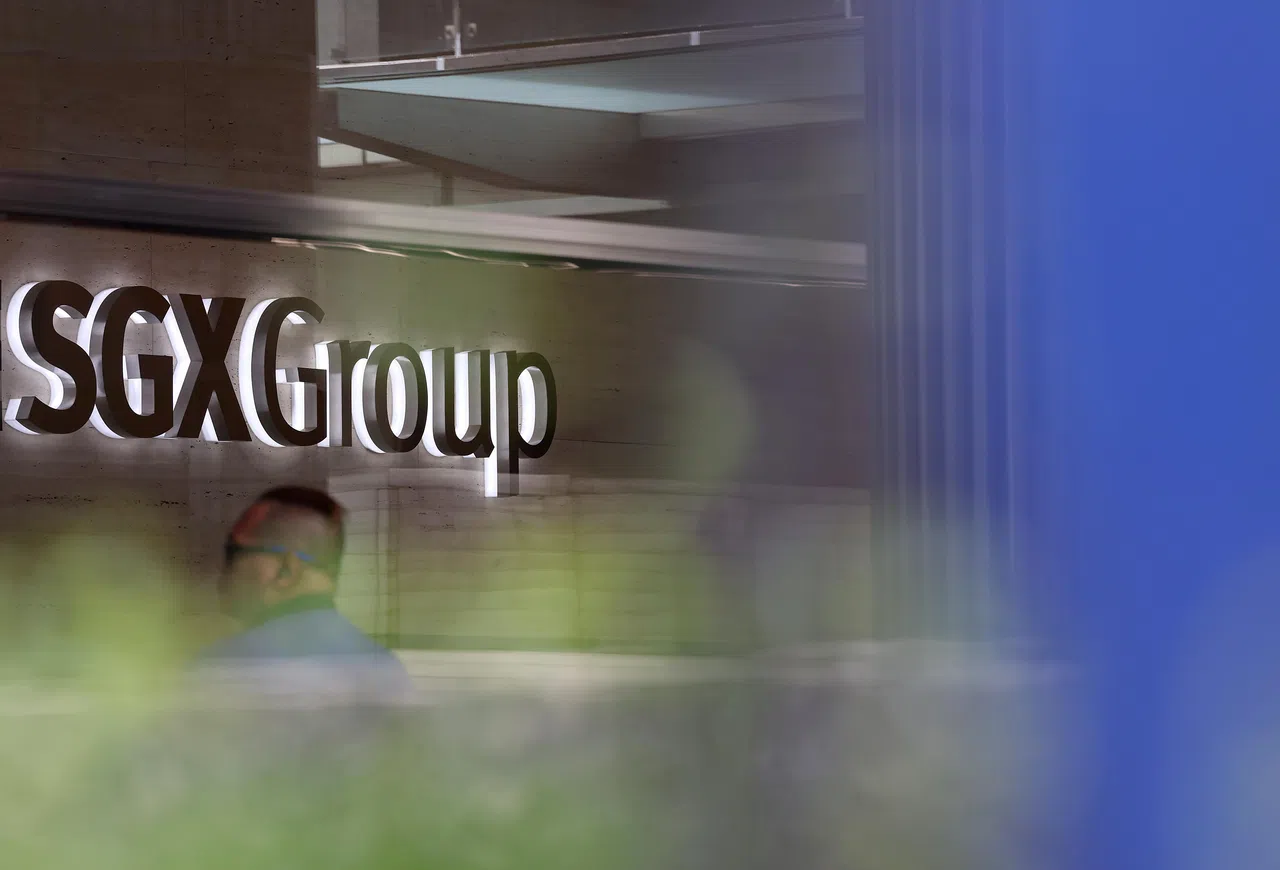TAIWAN’S position at the heart of the artificial intelligence (AI) boom is generating a dramatic increase in wealth, manufacturing about 90 per cent of the advanced semiconductors crucial to the technology.
At least six global financial shops are beefing up their presence on the island as the population’s financial and property assets reached US$6 trillion in 2023, up a third from 2019.
Allianz Global Investors, a German company that manages more than NT$1 trillion (S$40.4 billion), is introducing an AI-focused fund and is planning to build its local investment team.
Asset manager AllianceBernstein is also considering the expansion of its Taipei office to roll out new products, while PGIM – the investment management arm of Prudential Financial – aims to offer exchange-traded funds (ETFs) in Taiwan.
JPMorgan Chase in August introduced a mutual fund tailored to Taiwanese investors, holding hundreds of client meetings to promote it over the summer. It took only a week to raise NT$10 billion – the maximum first-round investment allowed by local regulations.
Henry Tong, the chief executive officer of the company’s local asset management, said: “We’ve been so busy preparing for the launch. On some days we’ve barely had time for meals.”
BT in your inbox
Start and end each day with the latest news stories and analyses delivered straight to your inbox.
Allianz Global Investors estimates that the AI industry could generate more than US$370 billion of wealth in Taiwan by 2028.
Since December 2022, Taiwan’s total assets under management have risen by 50 per cent to US$509 billion, a local securities industry association said.
Switzerland’s UBS Group predicts the number of millionaires in Taiwan will grow by half in the five years to 2028, reaching almost 1.2 million – the fastest pace of any global market.
Asset managers are looking at clients whose growing affluence has boosted their appetite to invest. These are often tech-savvy entrepreneurs worth US$1 million to US$30 million.
More risk-averse old-money clients, who have traditionally preferred time deposits or insurance policies, are gravitating towards bonds promising higher returns.
“We’ve been seeing fixed-income products with lower volatility, decent income and potential capital gains getting more traction,” said Tony Chen, investment chief at UBS Asset Management in Taiwan.
With so much wealth tied to optimism about AI, sudden changes in sentiment can be a challenge. Many Taiwanese borrow money to buy stocks, and often sell quickly when share prices fall. This aggravates market downturns.
In early August, a sell-off led by AI stocks, coupled with the unwinding of a popular currency trade tied to the Japanese yen, hammered global markets.
It sparked the biggest tumble in the Taiwan Stock Index’s 57-year history. The market has since recovered, and is up more than 20 per cent for the year.
‘Standing out in a crowded field’
Global companies face strong competition from domestic money managers, some of them veterans of the kind of Wall Street companies that are now bulking up. The local players say their relationships and experience in Taiwan give them an edge.
“We understand the market here better than foreign firms do,” said Jeff Chang, chairman of money manager Cathay Securities.
Even as the AI boom is creating new wealth, investors are shifting the make-up of their portfolios.
Chang and other locals are busy creating actively managed ETFs – an investment vehicle recently allowed by Taiwanese regulators – which JPMorgan and Nomura Asset Management said they are also considering.
The companies are looking to stand out in a crowded field. To introduce a Japan-focused ETF, managers at Fuh Hwa Securities dressed in traditional Japanese robes and carried swords at a May event.
KGI Securities in July unveiled an equity fund with a quirky science-fiction YouTube clip featuring AI-generated characters in space suits.
JPMorgan introduced its fund, which is focused on US holdings, at a ballpark-themed event featuring baseball-shaped mochi cakes adorned with the company’s logo.
For both global and local companies, the AI fever is boosting business. Their traditional wealthy customers are increasingly interested in ETFs – an asset class that typically has greater appeal for smaller, retail investors.
And the buzz around AI is giving asset managers a chance to introduce themselves to a new generation of clients.
“Those benefiting from the AI boom are younger digital natives,” said Weimin Chang, chief investment officer of Allianz Global Investors’ Taiwan office. “And they have a bigger appetite for risk.” BLOOMBERG




